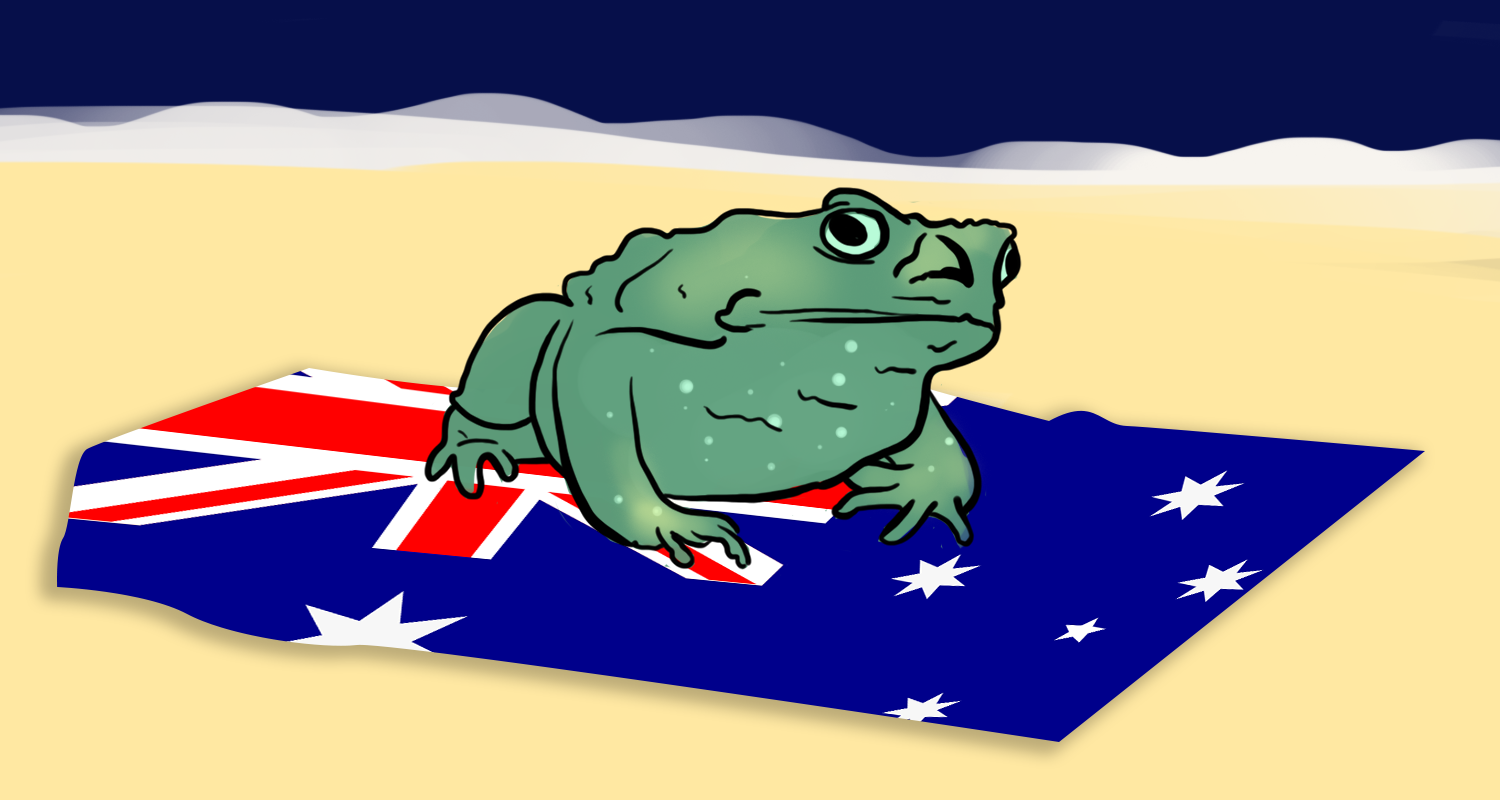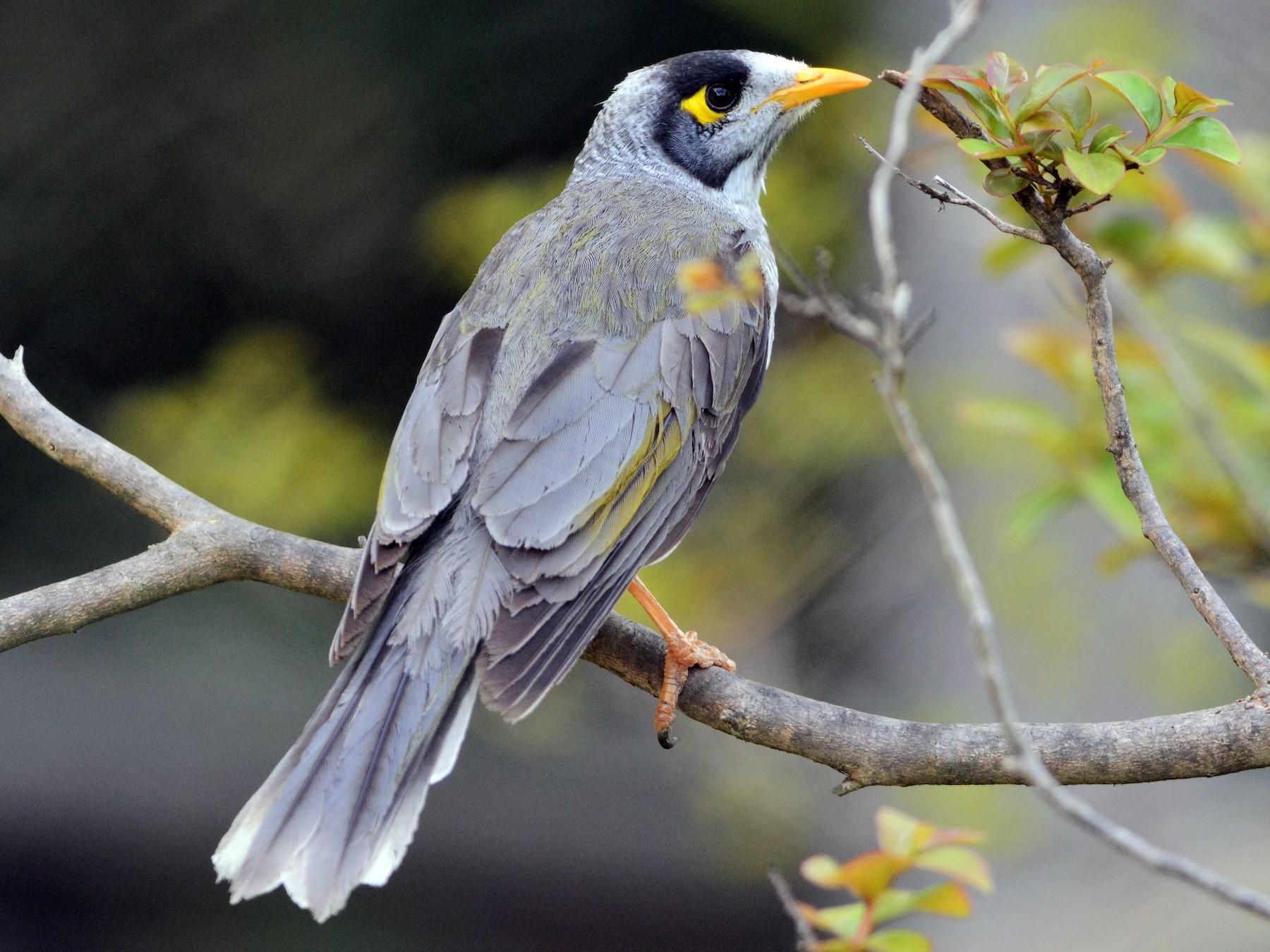Give 2 examples of abiotic and biotic factors.
Abiotic factors can include the following: moisture, light, temperature, CO2, wind, O2 or soil pH.
Biotic factors can include the following: predators, competition, pathogens, availability of food.
 In 1935, cane toads were introduced to Australia as a biological pest control of the grey-backed cane beetle. The toads have no natural predators in Australia.
In 1935, cane toads were introduced to Australia as a biological pest control of the grey-backed cane beetle. The toads have no natural predators in Australia.
What will happen to the number of grey-backed cane beetles and cane toads?
The number of beetles will decrease (unable to grow and reproduce as they are eaten by a predator).
The number of toads will increase (more survive and reproduce due to lack of competition for food/no natural predators).

This sampling method is called:
quadrat sampling; transect sampling; mark-recapture
Quadrat sampling
 The relationship between these two species could be described as:
The relationship between these two species could be described as:
predation competition symbiosis mutualism commensalism parasitism
predation
What is the effect of infectious disease on an ecosystem?
Alter the balance of food webs. Affected species will suffer a decline in numbers, and this has consequences for their prey as well as those that predate them.
I am trying to determine how the community of eucalyptus changes in an area. Which sampling method should I use?
quadrat sampling; transect sampling; capture-recapture
Transect sampling

The relationship between these two species could be described as:
predation competition symbiosis mutualism commensalism parasitism
Symbiosis - mutualism
What is the difference between a niche and a habitat?
The part of the ecosystem that the organism occupies is called a niche. A niche refers to all the resources that a species uses, including both biotic and abiotic factors. An organism’s habitat refers to the location the species is found in. If the habitat is the workplace of a species, the niche is its job.
Identify one drawback/difficulty of a mark-capture study.
Not suitable for slow-moving or stationary organisms; marking of animals might affect their behaviour or movement;capturing requires expertise; time consuming.
The relationship between these two species could be described as:
predation competition symbiosis mutualism commensalism parasitism
Symbiosis - parasitism


In the same area, a galah eats seeds mostly from the ground. It nests in the hollow of a eucalypt tree and lines it with leaves.
Do noisy miner and galah occupy same biological niche?
Both birds occupy the same area, but have different food and nesting strategies – they occupy different niches within the same habitat. No two species can occupy the same niche.
Why is it important for quadrats to be located randomly across the area being studied?
Minimise bias; obtain a representative sample.